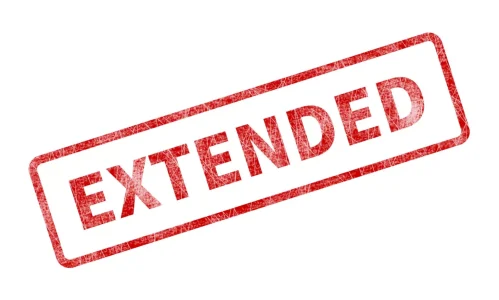Bankruptcy Restrictions Undertaking (BRU)

In most cases Bankruptcy lasts for 12 months. However this period could be extended if you get a Bankruptcy Restrictions Undertaking (BRU).
- What is a Bankruptcy Restrictions Undertaking?
- The difference between a BRU and BRO
- When will a BRU be issued?
- Will you get a BRU if you have Gambling Debt?
Want help to go bankrupt? Give us a call (0800 044 3194) or click here to complete the form below and we’ll call you back
What is a Bankruptcy Restrictions Undertaking (BRU)?
A Bankruptcy Restrictions Undertaking (BRU) extends some of the restrictions placed upon you if you are bankrupt.
The length of the bankruptcy itself remains the same. You are still discharged after 12 months. However there are certain restrictions that continue. The two key ones are as follows:
- You must not borrow more than £500 without first informing the lender you have a BRU
- You are not allowed to be a company director or manage a limited company
Given these are the main restrictions extended by a BRU the impact of getting one is actually minimal for most people. It will generally make little difference to you whether you get a Restrictions Undertaking or not.
A BRU normally lasts for a number of years. Usually it will be 3-4. However in rare circumstances it can be up to 15.
The Difference between a BRU and a BRO
If the Official Receiver (OR) feels you should be issued with a BRU they will first ask you to accept this willingly. Given you agree it will be applied and recorded on the Insolvency Register.
If you do not agree the OR will then apply to the Court for the extension to be forced upon you. There will be a Court Hearing where this is decided.
If the Court decides it is reasonable to do so they will issue a Bankruptcy Restrictions Order (BRO) against you. A BRO will normally last 1-2 years longer than if you had willing accepted a BRU.
Both a BRU and a BRO have the same effect in terms of the restrictions extended. However if you refuse to accept a BRU and a BRO is enforced it will last longer.
When will a BRU be Issued?
There are two key circumstances which could result in a BRU being issued against you after you go bankrupt:
Transactions at Undervalue
Giving away or selling assets for less than their true worth is a “transaction at undervalue”. If you have done this either wittingly or unwittingly within 5 years of going bankrupt you are at risk of getting a BRU. The transaction could also be overturned.
Preferential Payments
Paying off one of your creditors in preference to others is a “preferential payment”. If you have done this within 2 years of going bankrupt you are at risk of getting a BRU. The OR may also try to recover the money paid.
Do not pay off debts owed to family or friends before you go bankrupt. This is a preferential payment. You will get a BRU and the money they received may have to be returned to the the OR.
Will you get a BRU if you have Gambling Debt?
If you have gambling debt you might get a BRU. However it is certainly not guaranteed. The Official Receiver will review your circumstances and make their decision based on the amount of your debt that has resulted from gambling.
Where only a small percentage of your overall debt is due to gambling it is unlikely that a BRU will be issued. For example if it is less than 10% of your total debt there should not be a problem.
However if the percentage is more significant (say 50% or more) then it is much more likely one will be issued. It is impossible to say for sure as it will be down to the individual OR to decide. But it is something you should expect.
If a small percentage of your debt is due to gambling but the actual amount owed is relatively large you still may be at risk of getting a BRU.